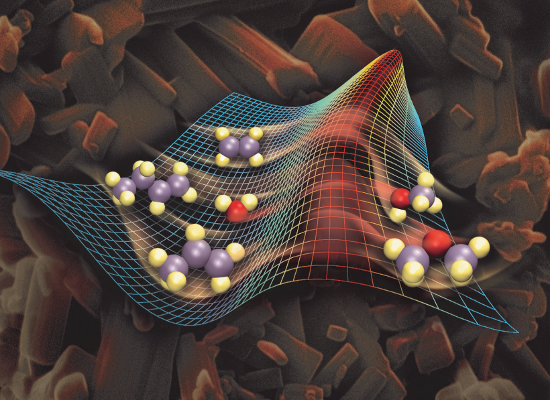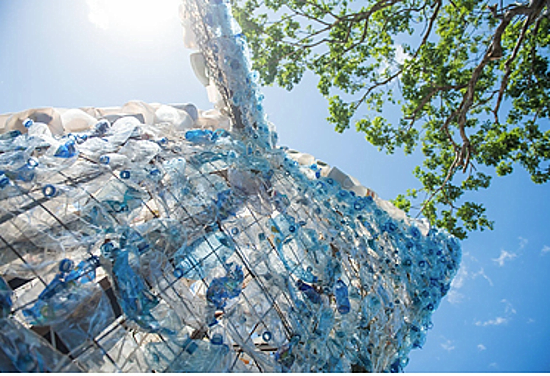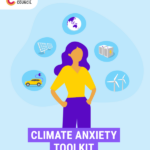
Aaron Sadow is a Professor of Chemistry at Iowa State University and a researcher at the Ames National Laboratory. His other title is Director of the Institute for Cooperative Upcycling of Plastic which goes by the acronym iCOUP. Described as an energy research centre, iCOUP is all about finding ways to transform waste plastic through recycling and upcycling.
Most of my readers I am sure are familiar with the concept of recycling. If you live in urban areas, then your municipality probably has instituted a recycling program for paper, cardboard, glass, metal cans and plastic.
But what is upcycling? The term describes a process by which something new is created from something that would normally end up in landfills. On my last trip to Costa Rica before the outbreak of the global pandemic, my wife and I stayed in a place overlooking a black sand beach on the Pacific Coast called Playa Ocotal. Costa Rica was probably the first country in the world to ban plastic bags. But bottles and other forms of plastic waste remain a very visible problem. To illustrate this, the Playa Ocotal local Ticos (what Costa Ricans call themselves) have gathered all the discarded bottles from their beach and its surroundings and erected a giant monument (see image below) that stands close to 5 metres (over 16 feet) in height. It represents a statement about the challenge discarded plastic represents.

iCOUP, however, sees a better outcome than building monuments made of discarded plastic. Instead, it wants to convert single-use plastic bags, and bottles, along with discarded motor oil into basic chemistry to make new products. How is it planning to do this? By using chemistry.
iCOUP has invented a catalyst that can perform miracles on plastic waste. What constitutes a catalyst? It is a material made of components that react if exposed to a target medium. The catalyst causes the target’s molecular and chemical bonds to break. The end result is atoms and simple molecules that become the feedstock for building new molecular structures which can then become new products.
You may be familiar with catalytic converters used in automobiles today to break down toxic gases and pollutants produced by internal combustion engines into less-toxic pollutants through a chemical reaction. This is essentially what iCOUP is doing with its target plastic waste. The goal here is to have a catalyst break down the chemical bonds in plastics and other hydrocarbon products fed to it. This means the recycled and recovered plastic garbage becomes basic feedstock for new chemicals and products. It never ends up in landfills or the ocean. These are circular economic principles applied to plastic recycling and upcycling. Its implications for the planet can be enormous.
The iCOUP Catalyst Explained
The catalyst is built to work only on hydrocarbon-based molecules. These feature combinations of hydrogen and carbon from as simple as methane, a molecule with one carbon and four hydrogen atoms (CH4), to complex polymers that contain multiple chains and sometimes other elements.
Normally, breaking down hydrocarbons requires significant amounts of energy. How much? Just visit an oil refinery and you get the picture. These are facilities designed to take crude oil and “crack” it into individual molecules by applying a great deal of heat, pressure, and chemistry to produce various finished products – gasoline, paraffin, heating oil, paints, natural gas, and even hydrogen.
The catalyst is designed to simplify and lower the cost of deconstructing complex hydrocarbons. It combines zirconium compounds with aluminum. The materials are inexpensive and widely available. When the waste plastic is exposed to the catalyst it loses its molecular bonds and turns into chemicals that become feedstock for new products.
So what’s left to do to switch on the power of this catalyst to help deal with plastic and other hydrocarbon waste? The immediate need is to improve plastic, oil and gas waste-capturing systems and build out an infrastructure to process the waste into useful products. Only in this way can we reduce demand for new raw resources and remove existing hydrocarbon waste to repurpose it.
Read the published iCOUP findings in the January 25, 2023 edition of the Journal of the American Chemical Society (ACS).








